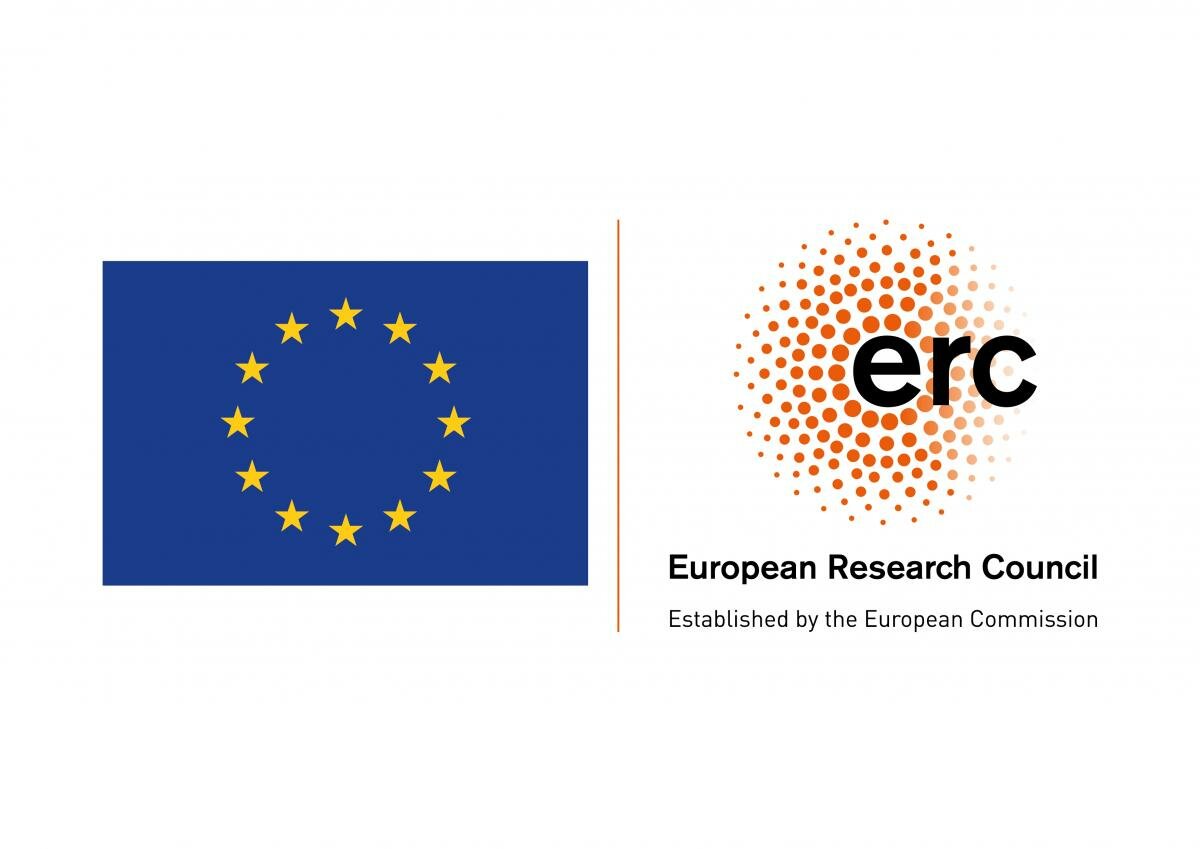Conspirations - Conflicts over Conspiracy Theories
Since the rise of populist movements across Europe and the spread of the COVID-19 pandemic, conspiracy theories have become a highly polarizing topic. Perceived as a major threat to liberal democracies and social cohesion, conspiracy theories are increasingly subjected to policy-making efforts, at both the EU and national levels (for instance EU initiated The East StratCom Task Force, while Germany introduced the Network Enforcement Act).
It is clear, that today, conspiracy theories have become a central issue not only to the people who propagate or endorse contested truths, but also to those who fear their consequences and design initiatives to push back against the ‘post-truth’ era. Significantly, and perhaps paradoxically, both 'truthers' who endorse conspiracy theories and 'truth defenders' who propagate them express strong convictions that their views and actions are an attempt to defend democracy and protect democratic values. Across Europe, many NGOs are dedicated to preventing and combating conspiracy theories (e.g., the EU’s DisinfoLab, Poland’s Demagog.org, or Estonia’s Propastop). Yet, at the same time, both sides have been accused of spreading moral panic. This specific tension suggests that there is an urgent need to open a new chapter in the study of conspiracy theories and ask why these conflicts are happening right now. Why are conspiracy theories and the label ‘conspiracy theory’ increasingly weaponised in socio-political disagreements? In Conflicts Over Conspiracy Theories (CONSPIRATIONS) this growing tension over conspiracy theories in Europe will be studied.
CONSPIRATIONS will achieve its objectives by undertaking ethnographic studies in Belgium, Bulgaria, Estonia, Germany, Poland, Sweden and EU institutions. The comparative approach will shed new light on how the distinct experiences, structures and organisations of European societies impact the ways in which conflicts over truth are unfolding across the East-West divide.
As such, CONSPIRATIONS will not only unveil the complex mechanisms behind the understudied aspects of these conflicts over truth, but will also contribute to understanding how all of the different national and regional approaches to conspiracy theories, in all their cultural diversity, can be used to formulate new ways to mitigate conflicts over truth and limit potential threats that conspiracy theories might pose to democratic governance and social cohesion
Funded by the European Union (ERC, CONSPIRATIONS, 101077810). Views and opinions expressed are however those of the author(s) only and do not necessarily reflect those of the European Union or the European Research Council Executive Agency. Neither the European Union nor the granting authority can be held responsible for them.

